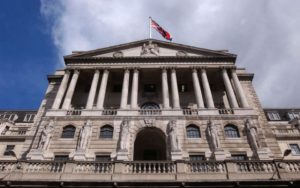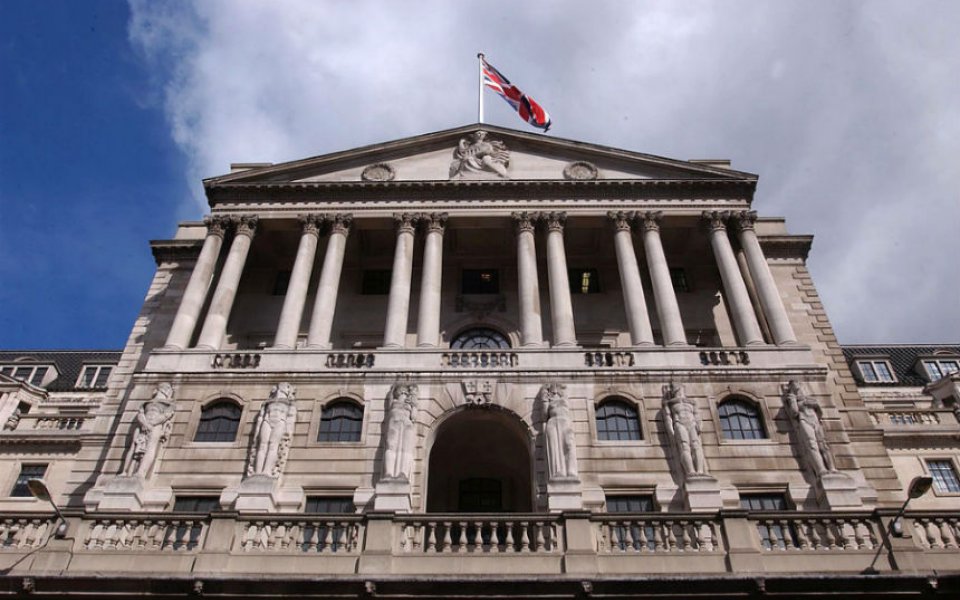By David Goodman and Harumi Ichikura With assistance by Jill Ward Source: Bloomberg.com Almost all economists in Bloomberg survey see 9-0 vot

With assistance by Jill Ward
Source: Bloomberg.com
Almost all economists in Bloomberg survey see 9-0 vote to hold
MPC hasn’t been unanimous on interest rates since February
Bank of England policy makers will probably resume singing from the same hymn sheet at December’s meeting, after officials split as they raised interest rates for the first time in a decade last month.
The nine-member Monetary Policy Committee will unanimously keep rates at 0.5 percent this coming week, according to 19 of the 20 economists in a Bloomberg survey. That’s in contrast to the 7-2 vote in favor of a hike last month, and would be the first time all officials have voted the same way since February.
Policy makers have presented a fairly united front in public since November’s meeting, with few signs of overt dissension from Governor Mark Carney’s wiew that two more hikes are likely needed in the next three years to meet the BOE’s inflation target. The main caveat to the bank’s outlook is Brexit, which official say could force them to act more quickly, and in either direction, if its outcome diverges too far from current expectations.
That means investors will scour Thursday’s minutes for any updates on the BOE’s view of the U.K.’s exit from the European Union, particularly in light of the apparent progressin talks this week. December’s meeting will also be the last before the BOE carries out its annual supply-side review in February, which may also cause policy makers to reassess their current stance.
Officials predicated their last policy move on the fact that Brexit is acting as a constraint on the supply side of the economy, and will likely continue to do so. The extent of that shock will depend on what shape Brexit takes, according to Peter Dixon, an economist at Commerzbank AG. He sees the BOE keeping rates on hold throughout 2018, and only raising them after the U.K. has quit the EU.
“The bank is absolutely right that there potentially is a major supply-side shock,” Dixon told reporters Friday. “If we get a softer Brexit, then there will be implications, but perhaps it won’t be the horror story it could’ve been.”

